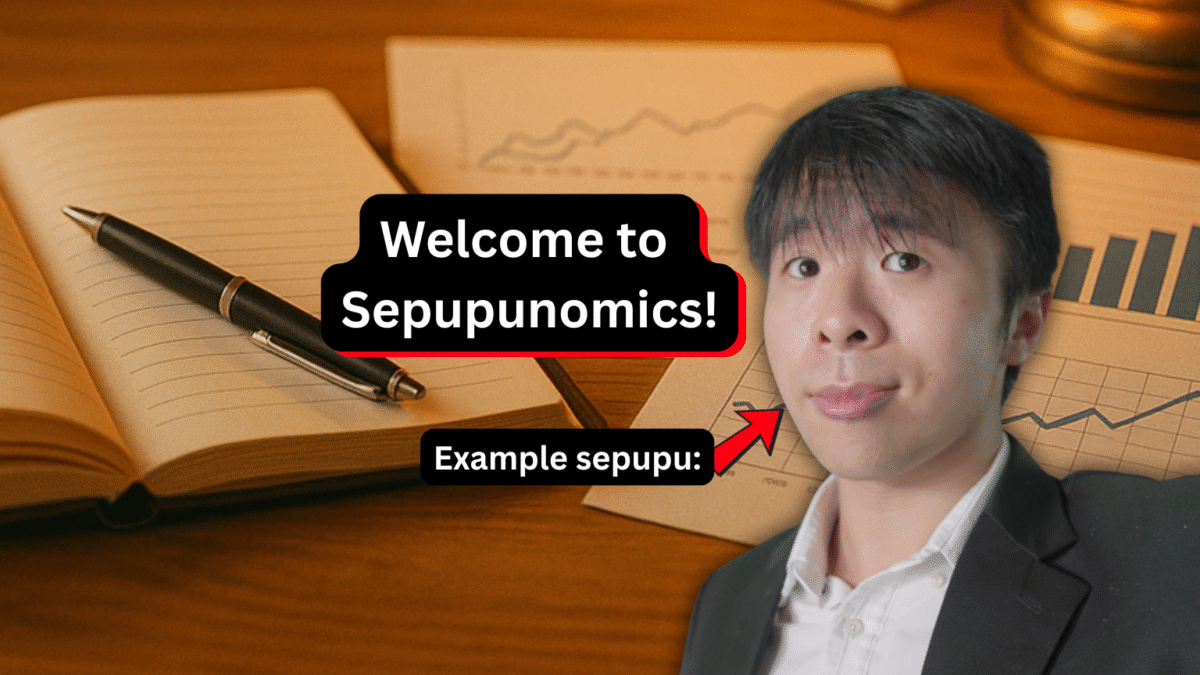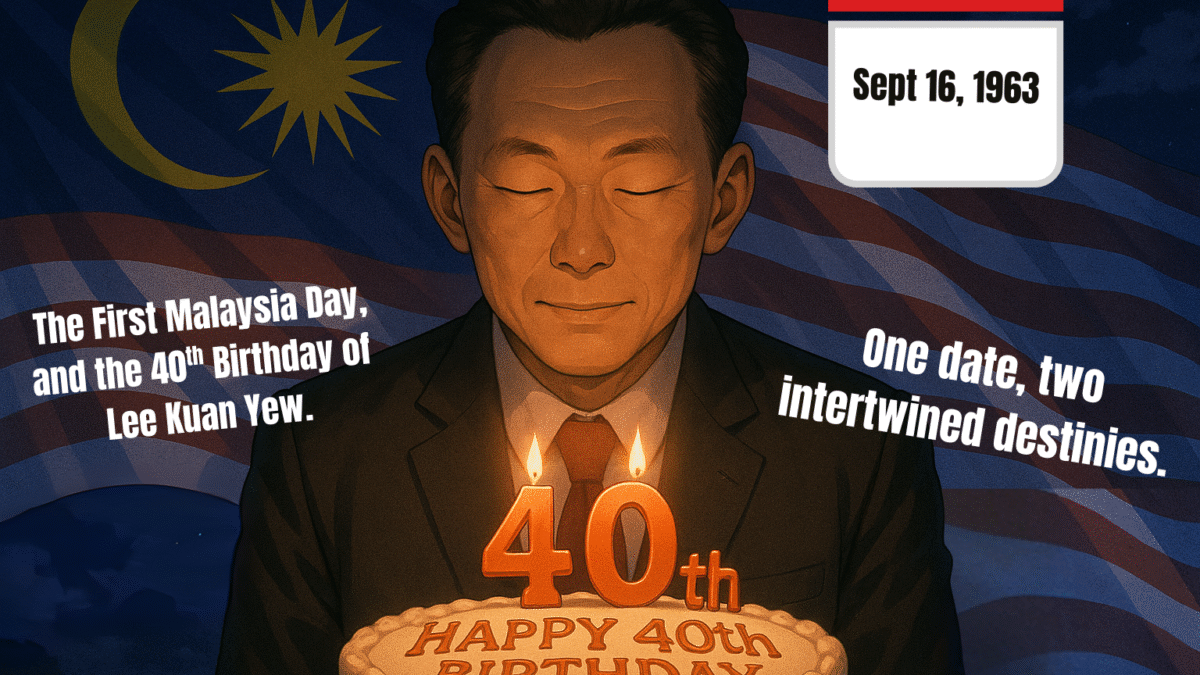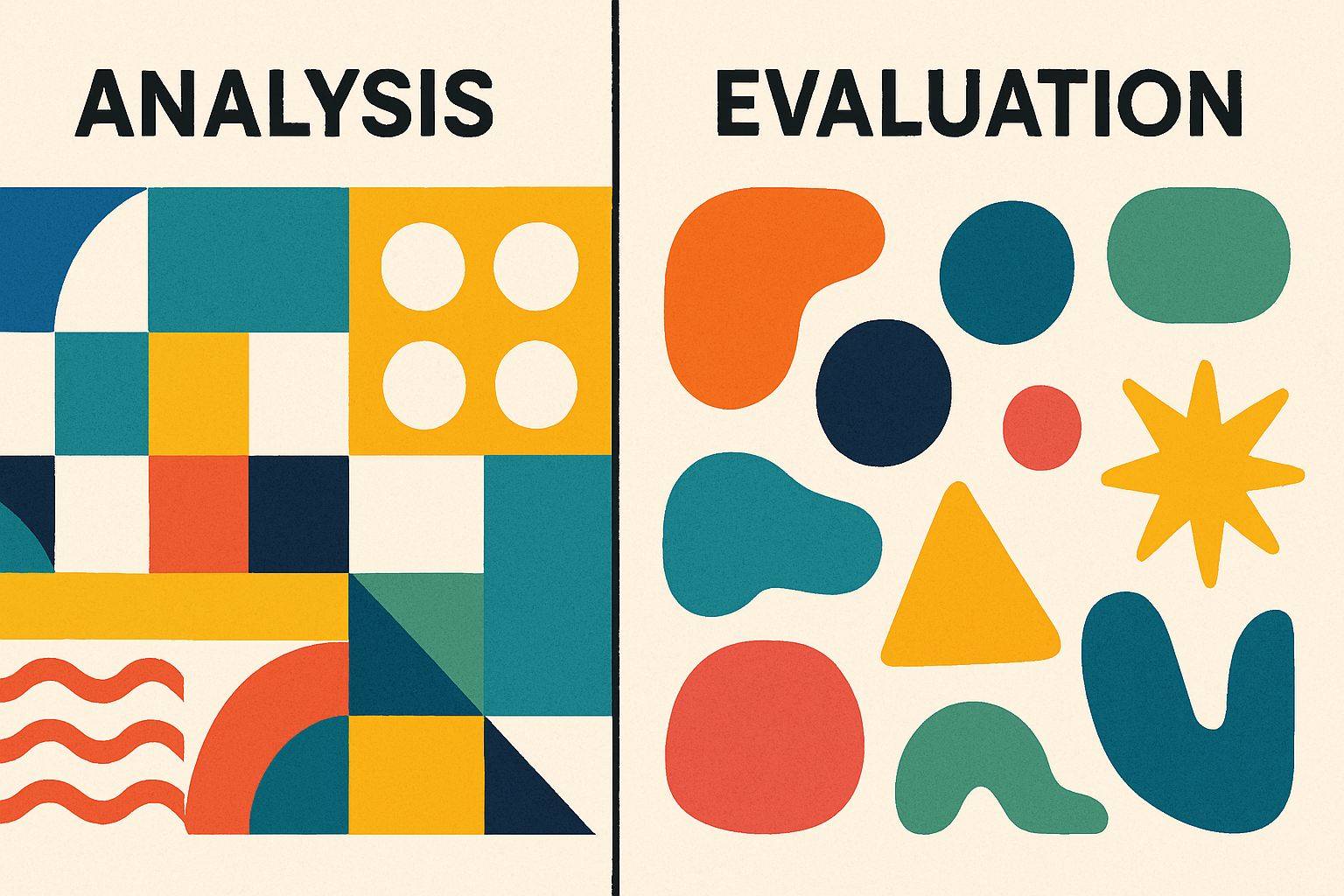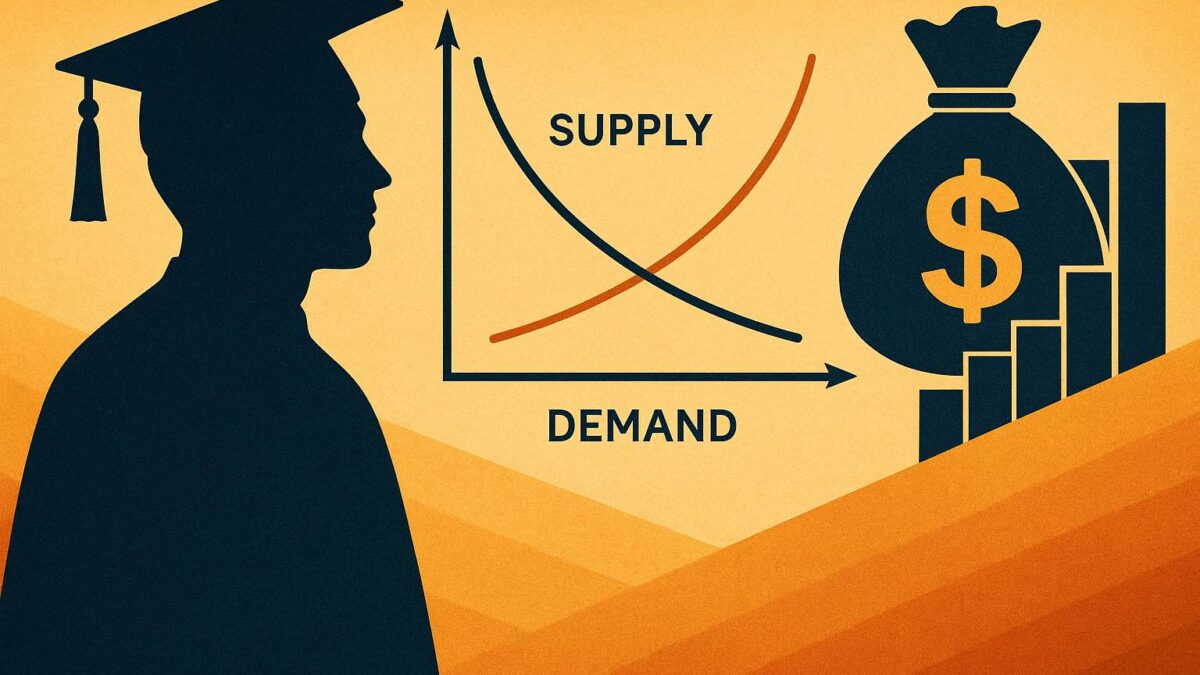Lee Kuan Yew: Founding “CEO” of Singapore Inc.

Hello and welcome back! In this premium report, you’ll learn about Lee Kuan Yew, who in an alternate history could very well have become Prime Minister of Malaysia. But that was not to be, and he was the founding Prime Minister of Singapore instead. In this premium report, you will get to hear about his story and journey his legacy.
From Third World to First – An Economic Vision Realized
Lee Kuan Yew is revered as the founding father of modern Singapore, the man who transformed a tiny port city with no natural resources into one of the world’s richest and most developed nations. When Singapore became independent in 1965, its prospects looked bleak – per capita GDP was roughly $500, on par with countries like Ghana(review.brunswickgroup.com). Yet within a generation Singapore had vaulted into the ranks of high-income nations, even surpassing its former colonial ruler in prosperity. Under Lee’s leadership, the country’s GDP per capita grew almost 15-fold in real terms from 1960 to 2013(livemint.com). By the early 21st century, Singapore’s income per person exceeded $50,000 – higher than that of Sweden – prompting observers to dub its rise the “economic miracle”(review.brunswickgroup.com). This dramatic ascent, often called the Great Singapore Miracle, was no accident; it was the result of deliberate policies and institution-building that Lee set in motion.
Lee Kuan Yew served as Prime Minister for over three decades (1959–1990), during which he laid out an architecture for nation-building that would turn a vulnerable post-colonial city into a thriving global hub. He identified five key pillars for Singapore’s success: political stability, quality education, attracting investment, rising living standards, and strong security(nlb.gov.sg).
Throughout his tenure, his government made strides in each of these areas. Lee built a stable, trusted government almost from scratch – a feat in itself given the turbulent conditions of the 1950s and 60s. He cultivated public confidence in Singapore’s institutions and future, often saying that the people’s trust and unity were vital ingredients of the nation’s success(exploringculturaldatablog.wordpress.com). Investors and citizens alike came to believe in the Singapore story, enabling bold long-term plans to take root. This bedrock of confidence allowed Lee to implement tough but forward-looking economic decisions that fueled growth for decades.
Meritocracy, Elitism and Technocratic Leadership
A core tenet of Lee Kuan Yew’s governance philosophy was meritocracy – the conviction that a country must be led by its ablest people, chosen on talent and performance rather than connections or race. “Singapore is a meritocracy. And these men have risen to the top by their own merit, hard work and high performance,” Lee declared in 1971, referring to the cadre of officials and professionals guiding the young nation(nas.gov.sg). He prided himself on assembling a “closely-knit and coordinated hard core” of top talent in government, stating that the fate of millions depended on the “quality, strength and foresight” of these key figures(nas.gov.sg). This emphasis on elite talent led to the recruitment of scholars and experts into politics and the civil service, turning the ruling People’s Action Party (PAP) into a highly educated, technocratic team. Lee himself would later reflect that his “greatest satisfaction” was “mustering the will to make this place meritocratic, corruption-free and equal for all races – and that it will endure beyond me.”(time.com)
But not all that was said about him was beautiful and rosy.
If you haven’t signed up yet, make sure to Join Now!





